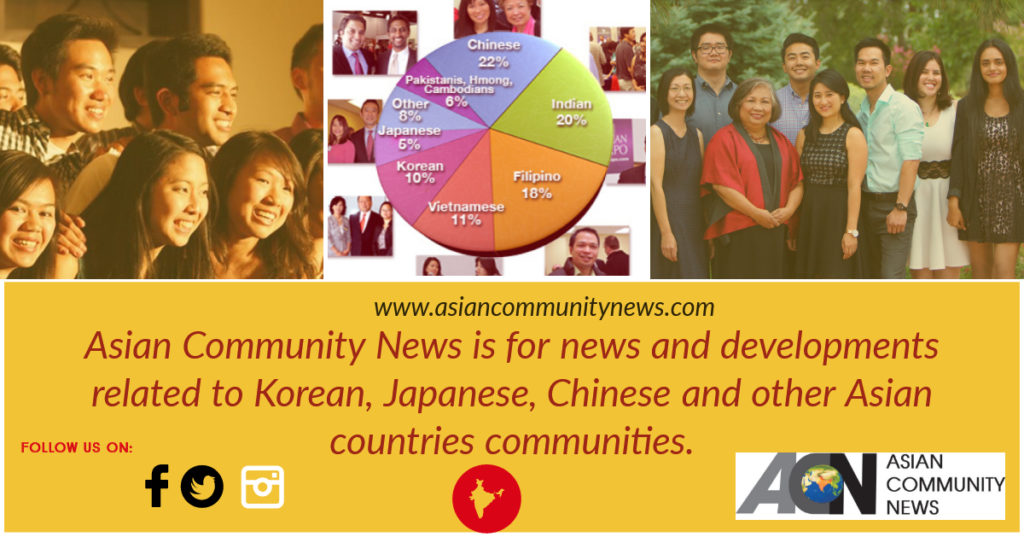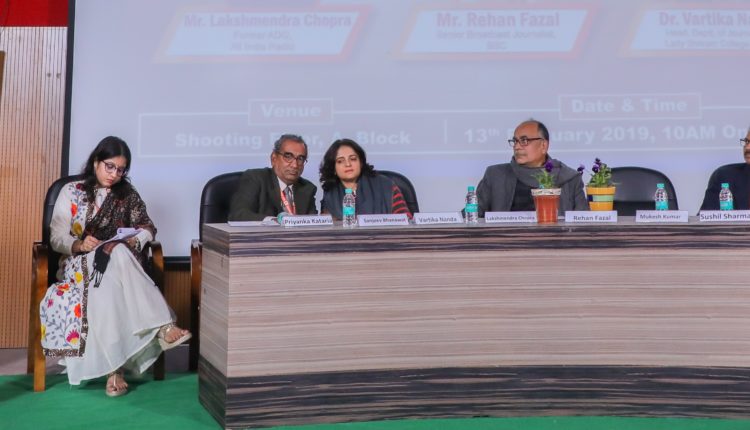In a major breakthrough in the field of radio broadcast for spreading education, the SGT University announced to launch its Internet Radio on the ‘World Radio Day’ on February 13.
The news of Internet Radio came as a pleasant surprise for the mass communication students as the announcement was made by the Dean of Mass Communication and Media Technology Faculty Dr. Sanjeev Bhanawat in the presence of Lakshmendra Chopra (Former ADG, All India Radio), Rehan Fazal (Senior Broadcast Journalist, BBC News) and Dr. Vartika Nanda (Head Deptt. of Journalism, Lady Shriram College, Delhi).
These senior journalists and media experts were invited on the occasion to touch upon different aspects of radio and to share their scintillating experiences with students.
The internet radio signature tune played on this occasion was greatly appreciated by those present including the visiting dignitaries.
According to Prof. Gurpreet Singh Tuteja, the Pro Vice-Chancellor SGT University the idea behind the launch of SGT Internet Radio was to make the university students remain updated about various developments related to this grand institution irrespective of their location.
“The main benefit of Internet Radio over conventional Community Radio is that the former has wider reach that may span to the length and breadth of the universe wherever internet is available. The students can very easily access news and entertainment programs online whereas Community Radio has a limited broadcast range,” Prof. Tuteja said.
According to the SGT University Pro Vice-Chancellor SGT University had more than six thousand students in its 17 faculties and the institutions could create huge amount of content for the Internet Radio.
“Apart from mass communication students, we would rope in students from other faculties too for the creation of content related to their respective streams,” Prof. Tuteja said.
Earlier, former ADG of All India Radio Lakshmendra Chopra said that on the proposal of Spanish Radio in 2012, it was decided by UNESCO to celebrate on 13th February as ‘World Radio Day’.
“The UNESCO move tells the importance of radio in this digital era. Radio science is an instrument and is the carrier of education and culture,” he added.
Rehan Fazal, Senior Broadcast Journalist, BBC News said that Prime Minister Narendra Modi has chosen Radio for the broadcast of ‘Man Ki Baat’ because its access to the common people is very good.
Fazal said that the credibility of the radio is still intact. He said that the news of the killing of the then Prime Minister Indira Gandhi was first broadcast by the BBC in 1984.
He highlighted the functioning of BBC Radio and said that in many ways it was different from All India Radio. During the interview in BBC Radio, the questioner is just asking questions. Fazal also played an audio documentary based on the bombing of Hiroshima in which he underlined the incident of atom bomb blast in Hiroshima in a very poignant manner in 1945.

Dr. Vartika Nanda, Head Deptt. of Journalism, Lady Shriram College, Delhi said that radio is a very powerful and accurate medium to reach the public. He said that All India Radio conveys its message to the people. Actually radio has saved the language.
Dr. Nanda said that after the arrival of the private radio, its language changed, the capital also came, but there was a drop in language as well and she advocated for the development of community radio.
In the beginning of the program, Dr. Sanjeev Bhanawat welcomed the guests and introduced them.
While addressing the students, Dr. Sanjeev Bhanawat highlighted the credibility of the radio and said that the sensitivities and concerns of the public have been linked to All India Radio. Dr. Mukesh Kumar also expressed his views on this occasion. The program was compared by the university RPO Priyanka Kataria.


